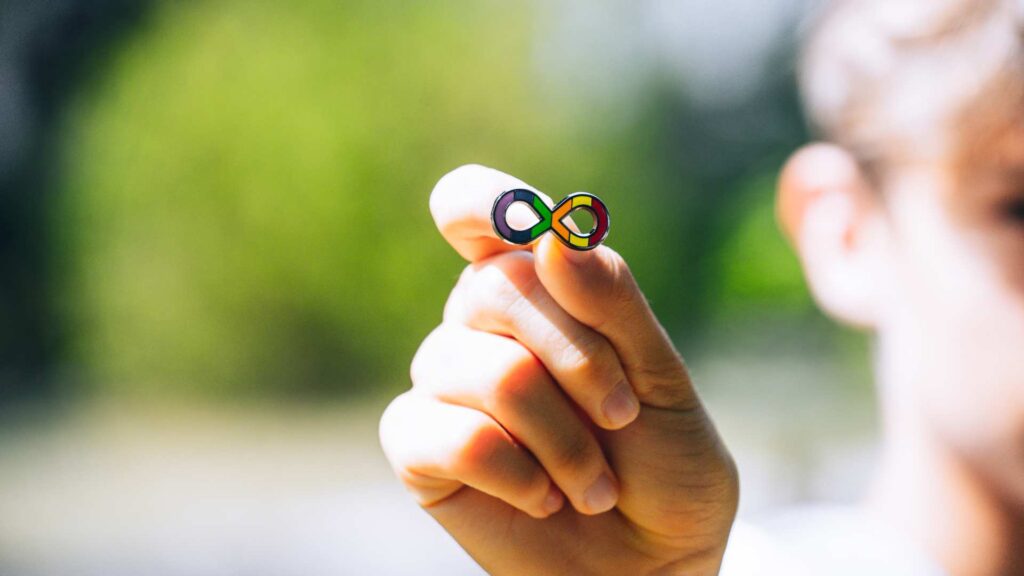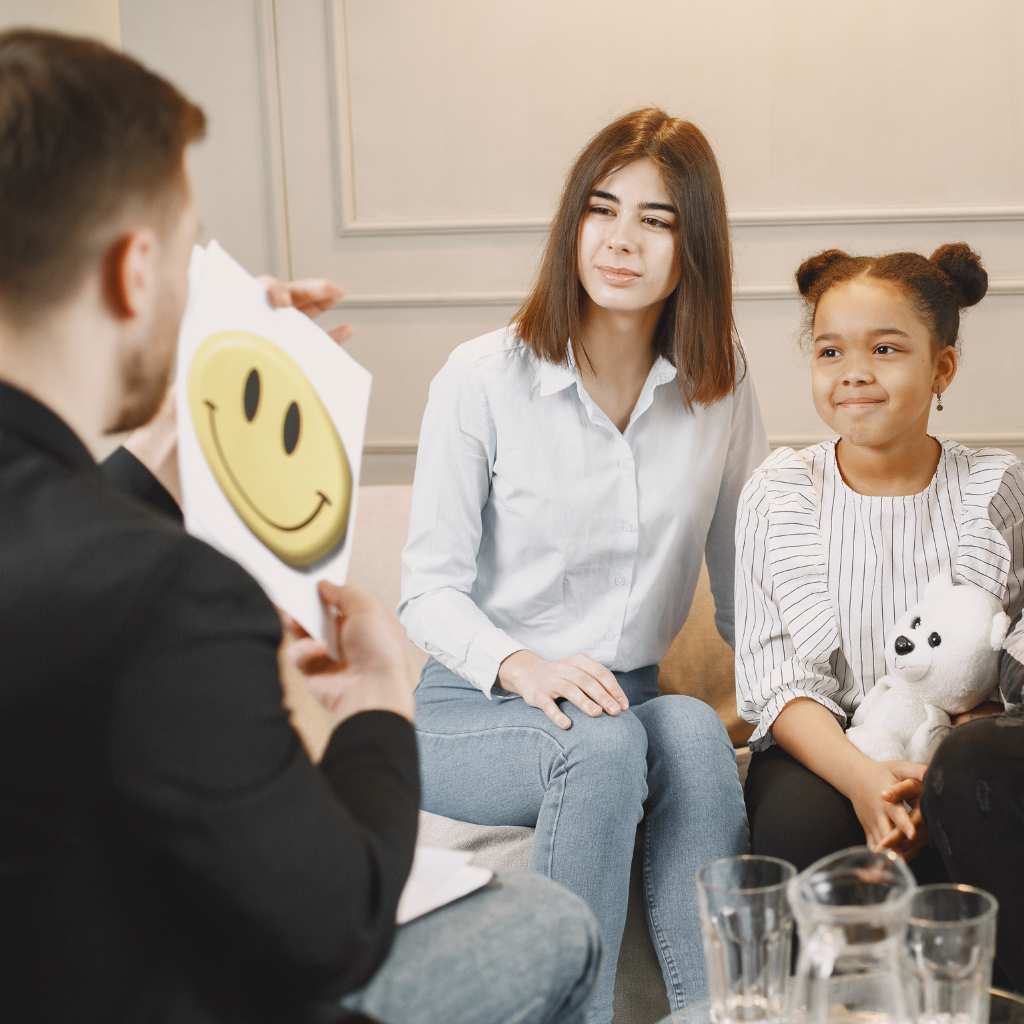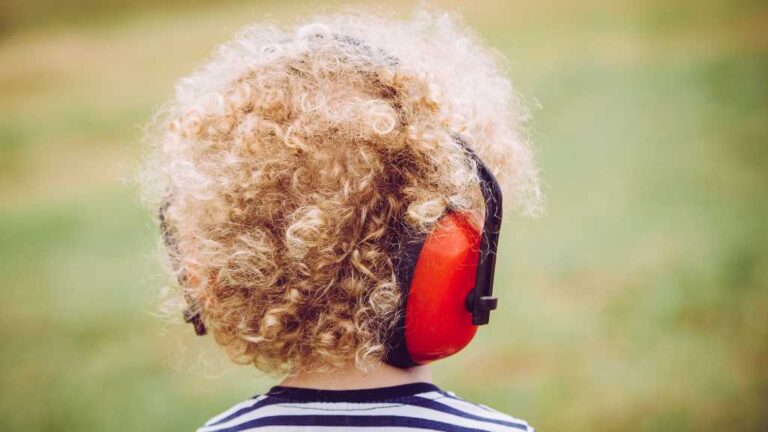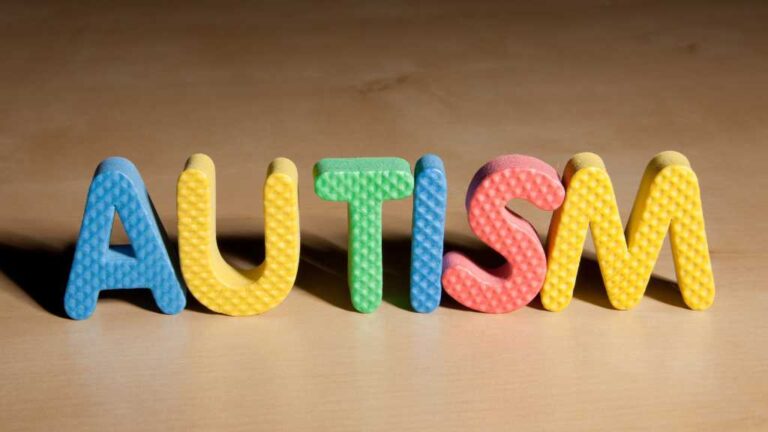Table of Contents
How do teens get tested for autism?
When discussing autism diagnoses, the conversation often centers around young children. However, autism testing for teens and adults is also quite prevalent, as many individuals remain undiagnosed until later in life. Whether it’s communication challenges, rigid behaviors, or social disconnect, these signs often become more noticeable as social and academic demands increase.
If you’re a parent or caregiver noticing differences in how your teen engages with the world, it’s normal to have questions. Could it be autism? How do teens get tested for autism? What comes after a diagnosis? And how do you support a teen who may be navigating the world with a neurodivergent neurological lens?
In this blog by ABA Centers of Georgia, we’ll guide you through the process of autism testing for teens, explain how it differs from childhood diagnosis, and discuss how ABA therapy for teens can make a real difference.
Why Autism Can Go Undiagnosed Until the Teen Years

Autism is a spectrum disorder, and its signs vary widely in presentation and intensity. Many teens who are later diagnosed with autism may have shown subtle signs earlier in life that were mistaken for shyness, quirkiness, anxiety, or ADHD. In other cases, high masking behaviors—prevalent in girls and high-functioning individuals—can make autism harder to detect in early childhood.
Adolescence, however, tends to magnify the challenges of living with undiagnosed autism. As social interactions become more nuanced and expectations around independence, school performance, and emotional regulation increase, the struggles can become more visible.
Some common signs that may prompt autism testing for teens include:
- Persistent difficulty with social communication
- Trouble making or maintaining friendships
- Intense focus on specific interests or hobbies
- Difficulty with changes in routine or environment
- Sensory sensitivities (noise, textures, lights)
- Repetitive behaviors or stimming
- Emotional outbursts or shutdowns in response to stress
When these traits interfere with daily functioning, it may be time to explore a formal assessment.
The Autism Testing Process for Teens
Autism testing in teens involves a structured process that evaluates behaviors, communication skills, and daily challenges. Below is a breakdown of how the process works:
Initial Evaluation
The first step is an initial consultation with a specialist. During this meeting, parents, caregivers, and the teen work together with clinicians to provide a detailed history of behaviors and concerns. This step may include:
- A family interview to discuss the teen’s developmental milestones and experiences
- Observations of social, communication, and repetitive behaviors
- A review of educational and medical records to identify patterns
Standardized Assessments
Key assessments that specialists use in autism testing for teens include:
Autism Diagnostic Observation Schedule (ADOS-2):
This structured assessment evaluates the teen’s social interactions, communication skills, and repetitive behaviors through various tasks and play-based activities.
- Autism Diagnostic Interview-Revised (ADI-R):
A detailed interview with parents to discuss the teen’s history and current behaviors.
- The Childhood Autism Rating Scale (CARS-2):
A tool used to distinguish autism from other conditions, such as ADHD or developmental delays.
- Cognitive and Developmental Tests:
Additional evaluations may assess thinking, language, motor skills, and sensory challenges.
Analysis and Diagnosis
Once the evaluations are complete, specialists analyze the data and provide a diagnosis, if applicable. You can expect:
- A detailed diagnostic report outlining the findings
- Specific recommendations for tailored treatments, like ABA therapy for teens or other interventions
- A follow-up session to discuss the results and next steps
How Autism Testing for Teens Differs from Testing in Children
While diagnostic tools are often similar, autism testing for teens requires a different lens. Unlike younger children, teens are often more self-aware and may have learned to mask or camouflage their symptoms.
This masking behavior means that clinicians must dig deeper to identify underlying traits. Also, teens are more capable of articulating their inner experiences.

This capability allows for more nuanced insights, but it can also be complicated by co-occurring conditions like anxiety, depression, ADHD, or trauma, which are common in undiagnosed autistic teens.
What’s more, a diagnosis during adolescence can bring mixed emotions. Some teens may feel relieved to finally have an explanation for their experiences, while others may feel overwhelmed or resistant.
After the Diagnosis: What Comes Next?
Receiving an autism diagnosis as a teenager can be the beginning of a transformative journey. But it’s important to understand that a diagnosis is not the end goal—it’s a launching point for personalized care, understanding, and empowerment.
Post-diagnosis steps often include:
Education: Helping the teen and their family understand what autism is and isn’t.
School accommodations: Developing or updating IEPs or 504 plans to support academic success.
Therapy: Accessing services like speech, occupational, or behavioral therapy.
Peer support: Connecting teens with others who share similar experiences.
Mental health care: Addressing co-occurring mental health issues.
Why Early Action Matters, Even for Teens
The earlier your teens receive a diagnosis and support, the greater their opportunities to build independence and confidence. While early intervention is often emphasized, middle and high school years can also be pivotal times for growth and development.
Autism care for teens, particularly through ABA therapy, ensures they learn practical skills to thrive. These years are about helping teens prepare for adulthood, whether that means college, work, or achieving personal life goals.

What Is ABA Therapy for Teens?
ABA therapy helps individuals with autism develop meaningful life skills, improve communication, and reduce behaviors that interfere with daily life. While it is often associated with early childhood, ABA therapy for teens is equally valuable. For teens, ABA care can target:
- Executive functioning (time management, organization)
- Social skills and peer relationships
- Coping strategies for stress and anxiety
- Self-advocacy and independence
- Communication strategies for school, work, and home
Trust the Experts at ABA Centers of Georgia
At ABA Centers of Georgia, we understand the challenges and the possibilities that come with a later-in-life autism diagnosis. Our team offers compassionate, expert-led autism testing for teens and personalized ABA therapy designed to meet their evolving needs.
If you’re ready to explore an autism diagnosis or begin services for your teenager, contact us today at (855) 929-5058 to schedule an evaluation or learn more about how our ABA therapy for teens can empower your family. We proudly serve communities across Georgia with the highest level of autism care for teens.









